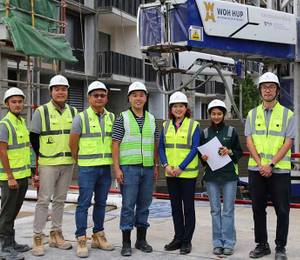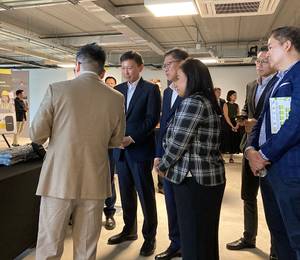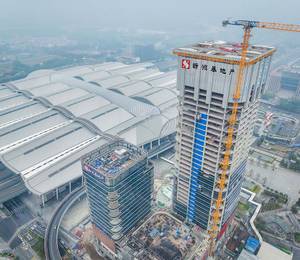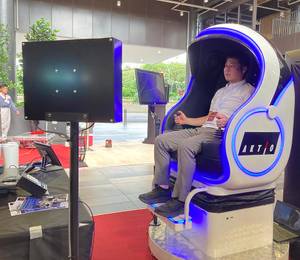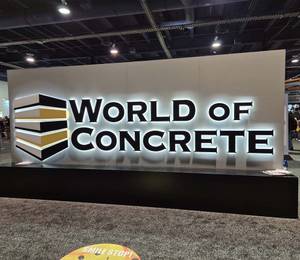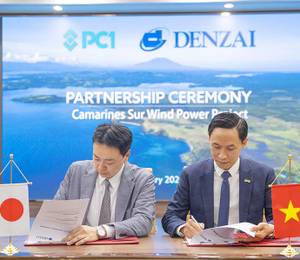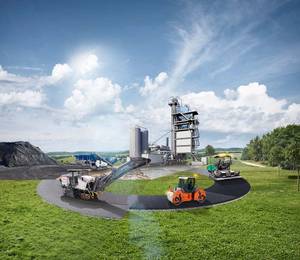A number of electric machines from Volvo Construction Equipment (Volvo CE) are already at work in Asia, but how will their introduction change business for construction companies? The manufacturer looks at the advantages these new machines offer and their potential to improve sustainability in construction.
First, it’s good to understand what is driving demand for electric machines, explained Volvo CE. In this region, there is a push from three sides: governments, private companies and consumers. Almost all governments in Asia are working on sustainability plans, such as the Singapore Green Plan, or the construction of Indonesia’s new capital city, Nusantara, which aims to be net zero by 2045. These initiatives call for more environment-friendly ways of working, with lower emissions and a shift away from fossil fuels.
Many construction companies also have their own ambitions around sustainability, noted Volvo CE. Forecasts suggest a much stronger focus on green initiatives, with lucrative opportunities for those businesses at the heart of the shift. Plus, there is demand for more responsible business and governments coming from consumers themselves.
Electrical advantages
With this in mind, Volvo CE believes that electric machines provide an attractive option for construction companies. They open up business opportunities to match changing times, and can also operate in areas restricted for diesel machines, such as indoor environments or other sensitive projects. Aside from the headline advantages of enabling fossil-free construction sites, electric machines offer the opportunity to work to the same high standards, but in a cleaner and quieter way.
It is also possible to reduce operating costs thanks to a lower engine run time, as there is no engine idling (unlike with a diesel), said Volvo CE. This means maintenance and service costs are reduced as there’s less wear and tear, and lithium-ion batteries and electric motors are virtually maintenance-free. Near-silent operations provide health benefits too, with studies showing that noise pollution has been linked to mental health issues, as well as atrial fibrillation, heart failure and stroke.
Volvo CE further pointed out that operators of electric machines will notice the increased controllability and greater traction control battery power delivers, making it a much more enjoyable experience. Performance is equivalent to a diesel machine, and the instant response of electric also ensures greater efficiency and productivity.
In Asia, Volvo CE electric machines are already available in China, Indonesia, Japan, Singapore and South Korea, with further rollouts planned. Models on offer include the ECR25 Electric compact excavator, L25 Electric compact wheel loader and EC55 Electric excavator, which is built at the Volvo CE factory in China. The manufacturer has also invested in battery pack production at its excavator plant in Changwon, South Korea.
“We see a clear path towards more sustainable construction equipment, with electric machines playing a central role. It’s what countries, companies and consumers all want,” said Tomas Kuta, president of region Asia at Volvo CE. “The introduction of electric machines has the potential to transform the construction industry, making it cleaner, quieter and more productive. There is so much positive potential, from improved safety to new opportunities and applications. For us, there’s no question that electric construction machines are the future.”

